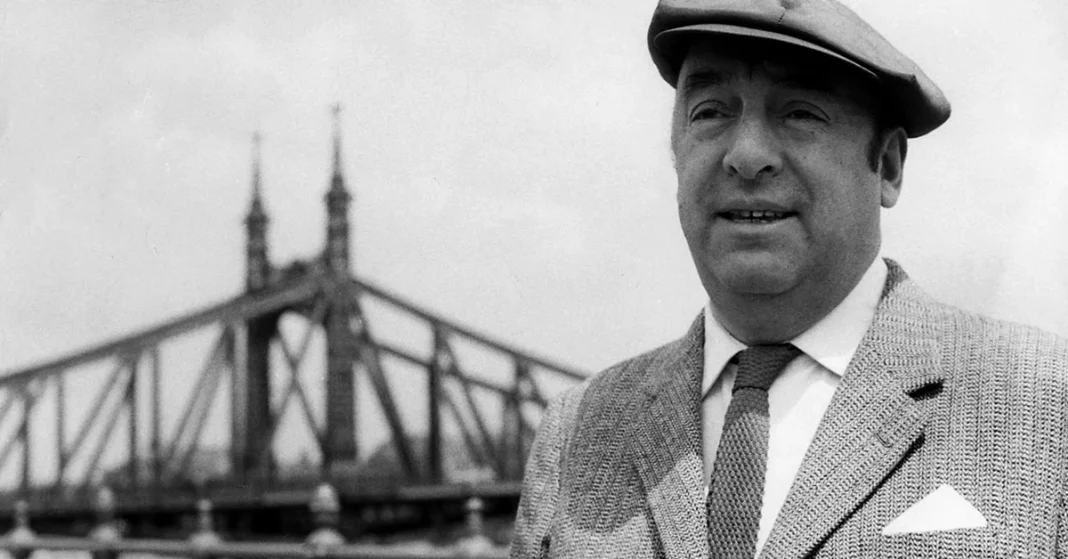
Ricardo Eliaser Naftali Reyes BaswaltoHe was born, better known as Pablo Neruda, on July 12, 1904. During his life he was an influential artist and successfully ventured not only into literature (he was awarded the Nobel Prize in 1971), but also to politics in his country (he was an ambassador to France, a senator Member of the Central Committee of the Communist Party (PC), and a presidential candidate).
The Swedish Academy, in its considerations when announcing his award for the highest award in world literature, asserted that the Chilean writer was chosen because he wrote “a poetry by an act of an elemental force that gives life to the destiny and dreams of a continent.”
In addition, he is appreciated and admired by his colleagues, as is the case with the Colombian, also winner of the Nobel Prize for Literature, Gabriel García Márquez, whom he referred to as “The greatest poet of the twentieth century in any language.”
Literary critic Harold Bloom stated that “no poet from the Western Hemisphere in our century would admit to being compared to him”, who considered him one of the twenty-seven primary authors of Western literature of all time.
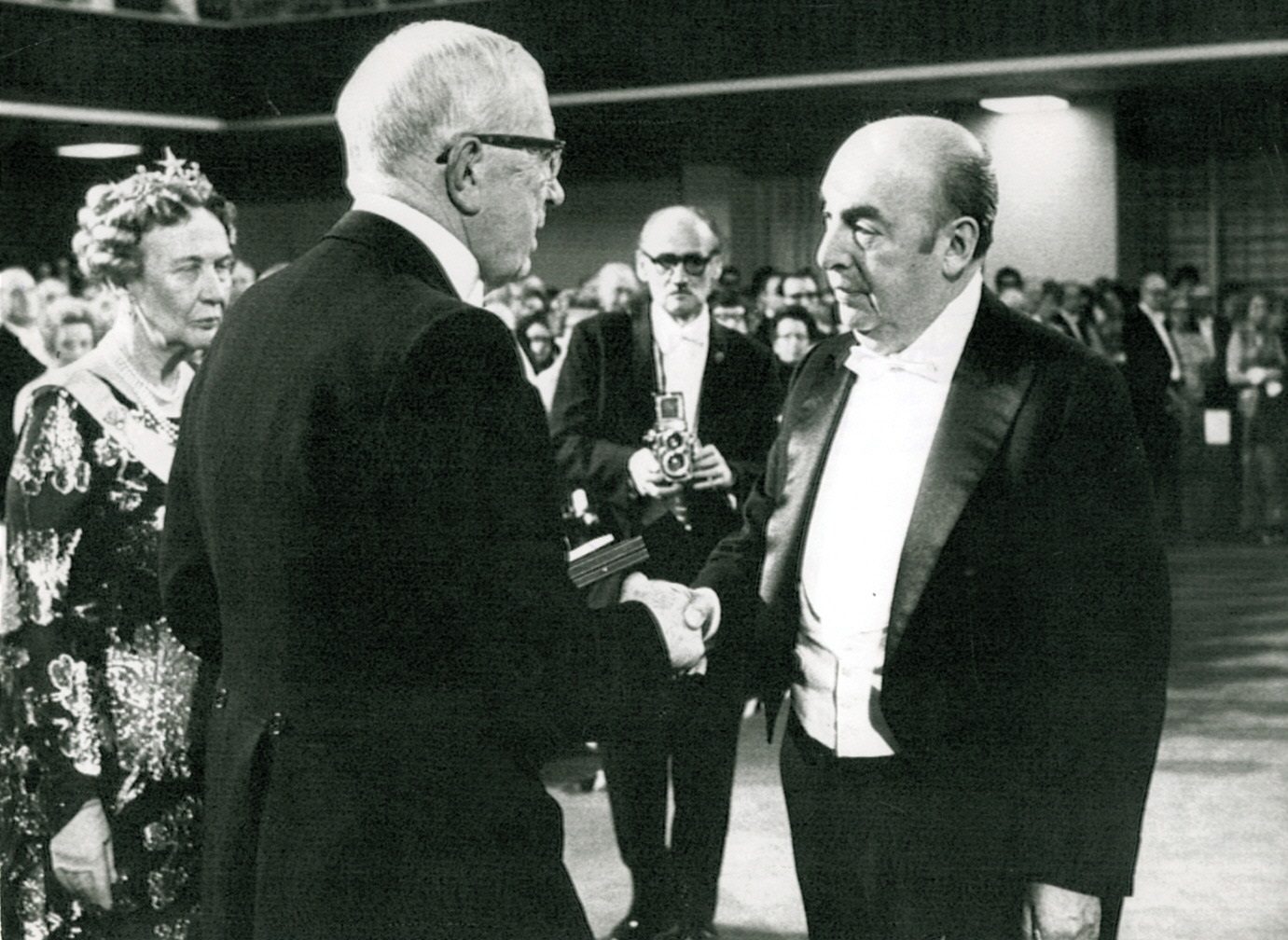
One of the greatest figures in Chilean letters, Gabriela Mistral, winner of the 1945 Nobel Prize, was her mentor. They met when Neruda was 15 years old, in the Araucanía region, where Mistral worked as the principal of the Temuco Girls’ School.
Neruda mentions in his book: “residence on earth She lent him books and introduced him to Russian literature, especially in Chekhov, Dostoevsky and Tolstoy. “You made me read the first big names in Russian literature who had such an influence on me.”
In his last years of school, Baudelaire and Ronsard read avidly and began to write his first sonnets, which he signed as Richard Reyesuntil October 1920, his poem appeared “men”who, in order to avoid upsetting his father, who did not see with good eyes that he had a poet’s son, signed a pseudonym that would be “final and universal: Pablo Neruda”.
The origin of his stage name is never mentioned, and although the hypothesis is that he chose it in honor of the Czech writer Jan Neruda, some scholars argue that it is almost impossible to have a Spanish translation of any of his works at the time. books.
Other scholars believe he did this as a reference to the works Artur Conan Doyle. It is said that there is a scene in the novel.Study in the scarlet “ Where the famous Sherlock Holmes announced that he would go to a concert by Norman Neruda, the famous violinist, who is married to Swedish musician Ludwig Norman.
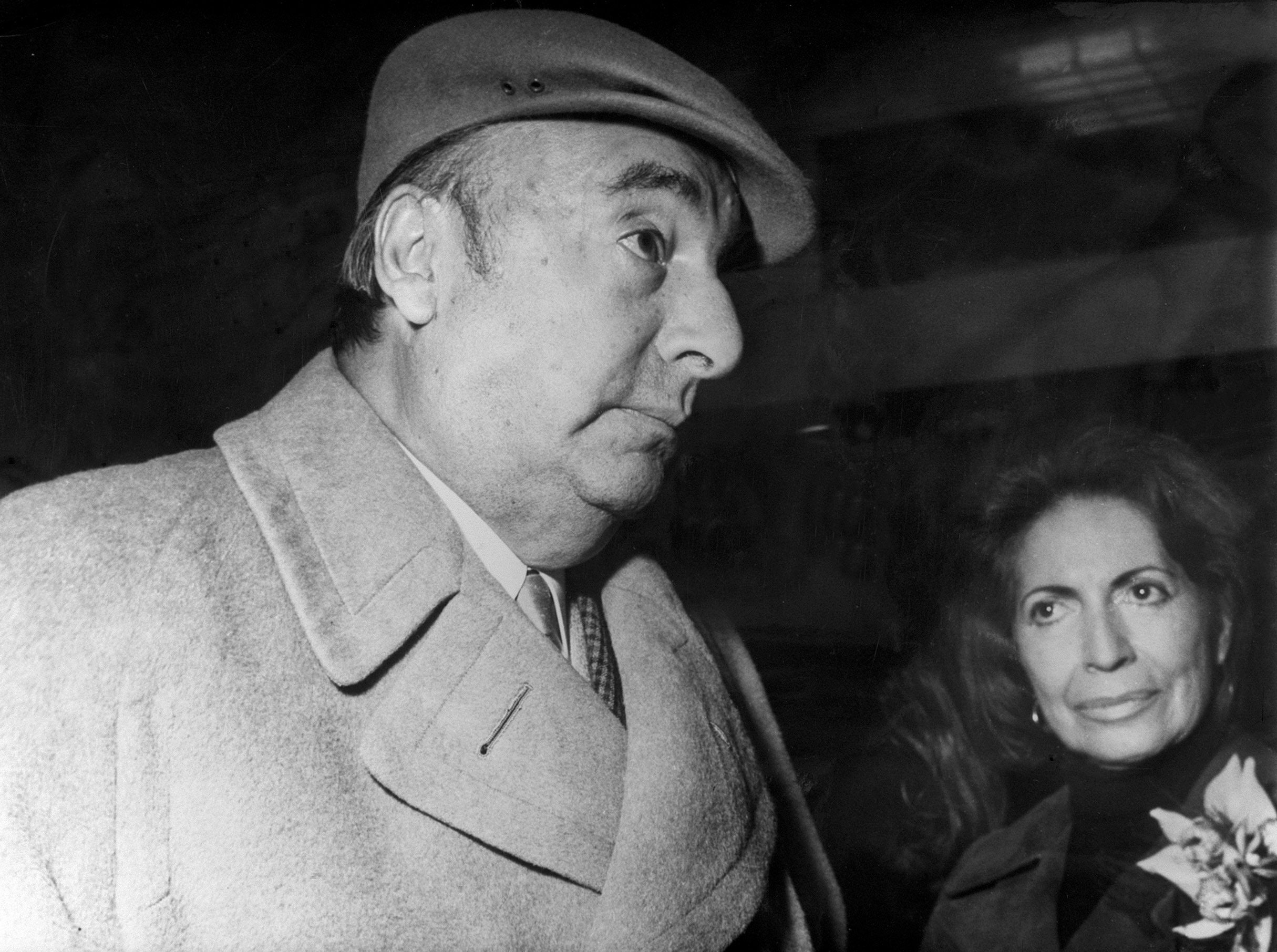
He was nominated several times for the Nobel Prize before receiving it. In 1956 he was nominated by professor of literature André Jokar-Roau and in 1963 he was nominated by Ragnar Josephson and Bent Holmqvist. Until he won the prize in 1971, the poet wrote in his diaries about receiving the prize:I confess that I livedAnd the “The old king shook hands with each of us; he gave us the diploma, the medal, and the check […] It is said (or Matilda was asked to impress her) that the King spent more time with me than with the other winners, and that he pressed my hand with apparent sympathy. Perhaps it was a reminder of the old courtesy toward minstrels.”
Of the nearly 45 books printed with his work, we leave here an incomplete selection of some of his most important texts.
Foreigner
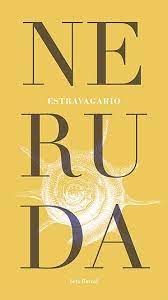
After a romantic poetic period, and a prominent political period, “lost”Originally published in 1958 by the Argentine publishing house Losada, it marked a new twist in Neruda’s work, which by that time was over 50 years old, mainly due to the use of irony and humor, which rarely appeared in Chilean works. Until that moment.
The author, who has already published some of his most successful works at this time, explores other languages and new questions about life in more direct and simple parts, completely removed from political pamphlets.
grapes and wind
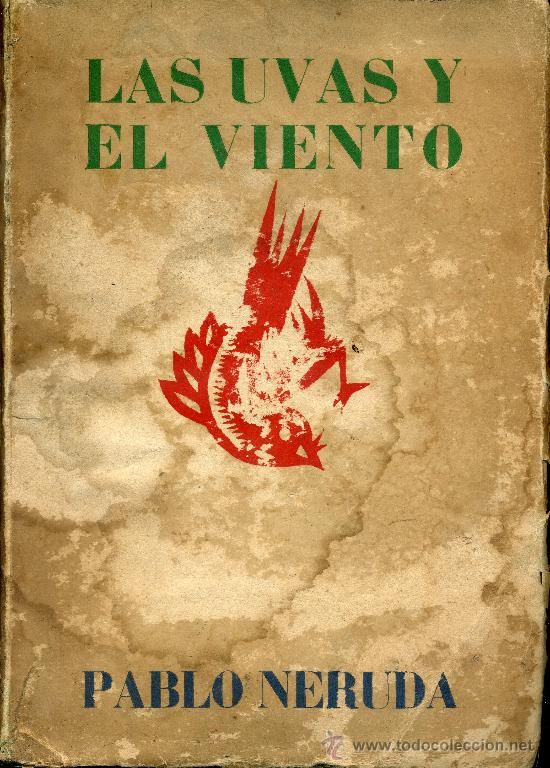
When Neruda was a senator from the Communist Party, he was forced to leave as a result of the constitutional permission imposed on him by the Senate President.
He left Chile, and spent two years traveling around Europe and Asiarecognized as a poet, but also persecuted by the police, from that experience the poetry of this book was born and for which he was able to receive the Nobel Prize for Literature.
Twenty Love Poems and a Desperate Song
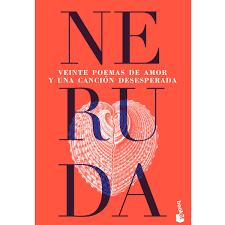
This famous work of the Chilean poet was published In June 1924, In addition to the fact that the poems were put up for sale when he was barely 19 years old, because this work is more famous in the Spanish language.
It consists of twenty love poems and a poem entitled Desperate song It is the only one with a title.
Read on:

“Web specialist. Freelance coffee advocate. Reader. Subtly charming pop culture expert.”

